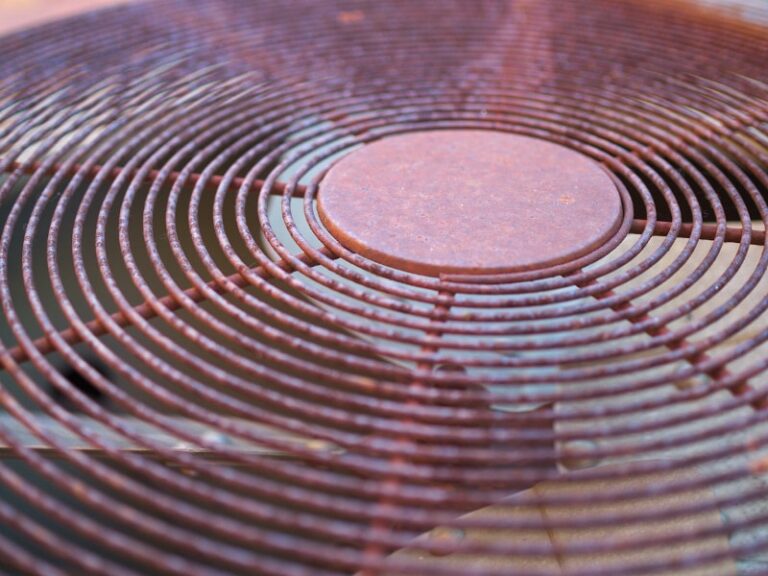Older homes can offer character that newer homes lack. Hover, that character may include HVAC systems that do not effectively heat or cool your home. Read on to discover the common HVAC issues you will likely encounter with an older home in Pinson, AL.
Outdated Technology
Older homes usually don’t have the latest technology, which includes the HVAC system. Depending on the age of your home, you may have an old boiler with baseboard heat. More likely, you have a furnace, but it’s outdated along with your thermostat.
Today’s HVAC systems are more efficient, allowing you to heat and cool your home while consuming less energy. For instance, a modern furnace has a minimum AFUE rating of 80% while it was 78% before 2015.
Likewise, thermostats have changed over time, offering more reliable service now. Like the other HVAC components, a thermostat does eventually wear out, typically after about 10 to 15 years. This means that you may have a thermostat with outdated features that no longer registers the air temperature accurately.
When you combine an outdated thermostat with an outdated furnace and air conditioner, you end up with a money pit. The system uses excessive energy to attempt to heat or cool your home, and you likely have excessive repairs.
Inadequate Airflow
Older homes commonly have inadequate airflow around the home and through the HVAC system. One primary reason for inadequate airflow is too few supply and return vents around the home. When designed properly, these vents create a pressure difference that causes the air to move around the home.
Another common issue is airflow restrictions in your home, especially in your HVAC system. These restrictions may happen in the ductwork due to contaminants and debris getting into the system. They can also occur at the circulating fan, evaporator coil and heat exchanger when you neglect routine maintenance.
Insufficient Insulation
Insulation is critical for keeping heat in over the winter and keeping it out during the summer. Many older homes have insufficient attic insulation. The Department of Energy recommends R38 for homes around Pinson, which translates into 13-14 inches of most standard insulation.
Insulation commonly gets damaged over time due to anything from rodents and bugs to water leaks and just time. This makes many older homes susceptible to inadequate insulation. Too little insulation causes your HVAC system to run longer and more frequently, increasing system strain and utility costs.
Excessive Indoor Air Contaminants
Older homes are also notorious for having excessive airborne contaminants. These cause a variety of health problems and additional strain on your HVAC system.
Older homes may have older construction materials that are breaking down due to age. Furthermore, older homes commonly have more issues with pests, which add to airborne contamination.
The HVAC system may contribute to poor indoor air quality as well. Those particles collected throughout the system get picked up by circulating air. It becomes a perpetual cycle of contaminants going into the system only to get circulated back out later on.
Replacing outdated parts of your HVAC system will improve your air quality. However, you may want to consider additional filtration or an air scrubber to remove more airborne contaminants.
Inefficient HVAC System
Older homes have several contributing factors to grossly inefficient HVAC systems. Most older homes have a single thermostat that runs the HVAC system. This leads to an all-or-nothing approach to heating and cooling, which is less efficient than a zoned approach.
Additionally, many older homes have leaky ducts, allowing air to escape before reaching its intended destination. This reduces the air pressure coming from your vents, on top of reducing the conditioned air moving through the system. You may need to replace your ducts or have them professionally sealed and insulated at a minimum.
It’s possible to stay comfortable while enjoying the character of your old house. Call today to schedule your furnace or air conditioning maintenance with the experts at Total Comfort Heating & Air.
Image provided by iStock





